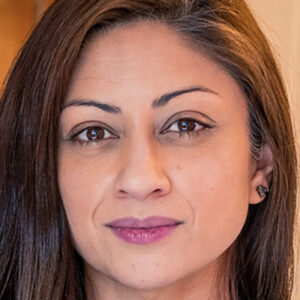Open by Design: Arcadia Science, pushing the boundaries of open research
Goals
- Test the ability of open science lacking traditional proxies of quality but with richer public evaluation to be discovered, utilized, and built upon
- Test the hypothesis that open science and financial self-sustainability are not mutually exclusive by pushing the boundaries of what we share
Description
Arcadia Science, a research and development institute, uses biology as our most advanced technology, experiments with the broadest range of research organisms, and is inclusive of all scientific sectors. Our scientists share their insights and discoveries for collective benefit, accelerating scientific progress and commercial utility. We are building a new model for research, one that is financially self-sustaining, to empower scientists to focus on their work and capture their own value, free from traditional constraints.
Our specific ICOR-related goals are to:
- Publicly post research data and products early and often to improve reach and utility for the scientific community
- Broaden the nature of what is communicated beyond the content and organization of a typical journal article (e.g. full data sets, protocols, informative failures, future directions, challenges that may be collaborative tackled)
- Encourage use of our research products by the scientific community and encourage public discussion to improve it by soliciting open feedback
- Document our lessons learned to encourage others to adopt successful practices for broader sharing and evaluation of research
What’s Needed
- Community partners to help us identify, coordinate, or supplement organism-specific databases
- Identification or development of an appropriate platform with an evaluation layer for bidirectional communication of public research findings
- Partners within the scientific community willing to engage in a public conversation about the utility of Arcadia’s research advances as well as critique its rigor and reproducibility

